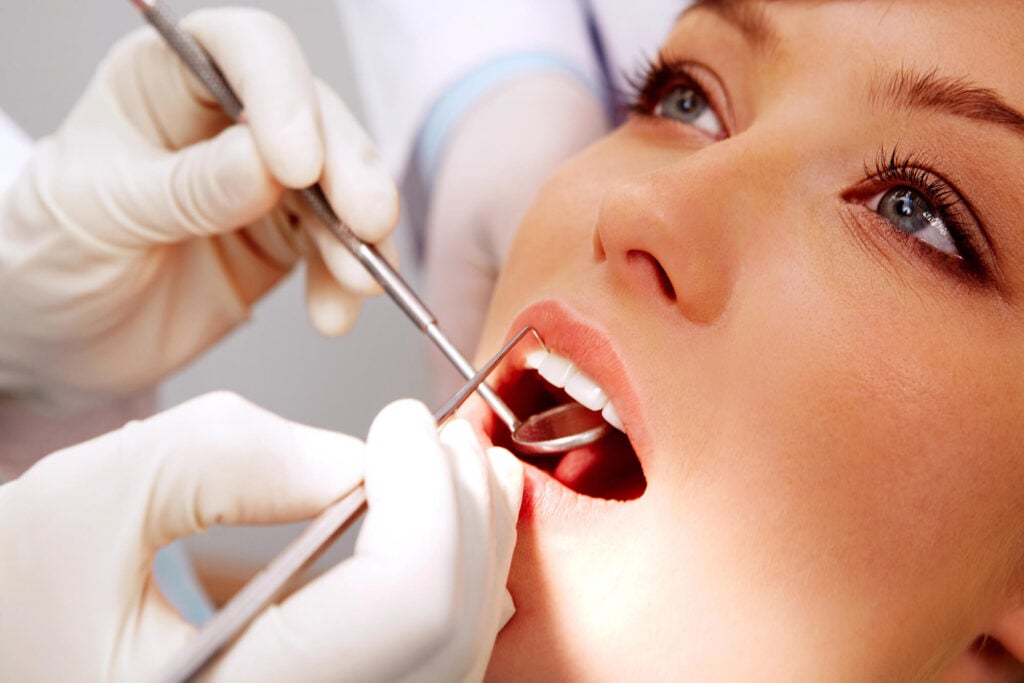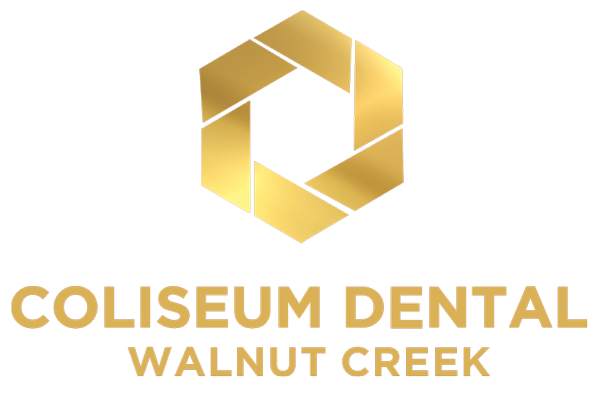Restorative dental treatments comprise an array of procedures designed by dentists to repair and rejuvenate the health, function, and aesthetics of your teeth. These essential treatments, which include fillings, crowns, bridges, and implants, become crucial when dealing with damaged, decayed, or missing teeth.
Recognizing when to seek the expertise of a dentist in the Bay Area for such care is not only critical for preserving a vibrant smile but also for supporting your overall health.

Identifying the Need for Restorative Care
Whether due to decay, injury, or wear over time, understanding when to seek restorative care is critical for long-term oral health. Here are some situations where restorative dentistry can play a crucial role in preserving or enhancing your dental health.
Loss of a Tooth
- Losing a tooth impacts more than just your smile. It can lead to shifting of surrounding teeth, change in bite pressure, and even bone loss in the jaw area.
- A dentist can offer several restoration options such as dental implants, which act as artificial tooth roots and provide a stable foundation for replacement teeth, or dental bridges that “bridge” the gap between teeth with artificial teeth supported by crowns on adjacent natural teeth.
- Without intervention, lost teeth can alter facial structure, potentially causing a sunken appearance.
- Dental implants also help preserve jawbone density, preventing the aging effect of bone loss.
- Bridges can be a quicker, more cost-effective solution for some patients, maintaining the position of remaining teeth and restoring the ability to chew properly.
Noticeable Tooth Decay
- Tooth decay is a progressive condition that can eat away at the tooth structure.
- When simple fillings are insufficient to halt the decay, a dentist might recommend a dental crown to cover and protect the tooth, or an inlay or onlay — custom-fit pieces designed to repair damage without covering the entire tooth surface.
- These restorations halt decay, returning the tooth to its full function and preventing the spread of decay.
- Dental crowns can be made from various materials, including porcelain and gold, tailored to the needs of each tooth.
- Inlays and onlays preserve more natural tooth structure than crowns, often a preferable option for teeth with sufficient remaining structure.
Pain or Discomfort
- Persistent tooth pain or discomfort is often a sign that something is wrong.
- Whether it’s a dull ache, sharp pain, or sensitivity, it’s imperative to see a dentist for a comprehensive examination.
- Pain can indicate issues ranging from cavities and infections to gum disease or temporomandibular joint disorders, all of which can be addressed with appropriate restorative care.
- Constant or recurring pain should not be ignored, as it can signify a serious underlying condition.
- Restorative treatments not only alleviate discomfort but also address the root cause of pain.
- Timely intervention can prevent the need for more extensive procedures like extractions or surgeries.
Difficulty Chewing or Biting
- Difficulty in chewing or biting can be due to various issues such as misaligned, damaged, or missing teeth.
- Restorative dentistry offers solutions to these problems, restoring not only the function of your teeth but also ensuring that your bite is even and balanced, which is essential for proper nutrition and digestion.
- An uneven bite can lead to jaw pain and headaches, complicating daily life.
- Restorative treatments like onlays can rebuild the tooth’s surface, while crowns can cover and protect.
- In severe cases, full mouth reconstruction may be recommended to completely restore the mouth’s function.

Sensitivity to Temperature
- If you experience a sharp pain when consuming hot or cold foods, it could be due to exposed dentin — the sensitive layer beneath your tooth enamel.
- This condition can result from enamel erosion, cavities, or receding gums.
- Restorative procedures like fillings or dental crowns can alleviate this sensitivity by covering the exposed areas.
- Sensitive teeth can significantly affect your diet and quality of life.
- Fluoride treatments in conjunction with restorations can provide additional relief.
- Long-term solutions include gum grafts to cover exposed roots or dental crowns to encapsulate sensitive teeth.
Worn Enamel
- Over the years, enamel can wear down from bruxism (teeth grinding), an acidic diet, or simple use, leading to tooth sensitivity and increased risk for decay.
- A dentist may recommend restorative treatments such as dental crowns or onlays to protect your teeth and restore the strength and functionality of your worn enamel.
- Early intervention with a night guard can prevent further wear from bruxism.
- Dietary changes can also help reduce the progression of enamel erosion.
- In cases of severe wear, a full mouth reconstruction may be necessary to restore the entire dentition.
Cracks or Chips in Teeth
- Teeth can become cracked or chipped from injury or everyday activities.
- If left untreated, these can worsen and cause pain or lead to infection.
- Restorative solutions like dental bonding, which uses a tooth-colored resin to repair and restore the tooth, or veneers, which are thin shells that cover the front surface of the tooth, can fix these imperfections and prevent further damage.
- Smaller chips may be resolved with dental bonding, a simple procedure that can often be completed in one visit.
- Larger cracks may necessitate a crown to fully encapsulate the tooth and provide stability.
- Preventative strategies, such as wearing a mouthguard during sports, can help avoid these issues.
Previous Dental Work Deteriorating
- Over time, existing dental work such as fillings, crowns, or bridges can wear out or fail. It’s essential to visit your dentist regularly for check-ups to monitor the condition of any previous dental work.
- Early detection of wear or damage can allow for timely restorative interventions to maintain oral health and functionality.
- A dentist can assess the integrity of old restorations and recommend whether to repair or replace them, ensuring your teeth remain protected and functional.
- Regular dental visits allow for the assessment of restorative work in the context of your overall oral health, ensuring that your fillings, crowns, and bridges work in harmony with your gums and surrounding teeth.
- Advancements in dental materials and techniques may also provide upgraded options for your restorations, enhancing durability and offering a more natural appearance.
- Preventive care, along with maintenance of existing restorations, is key in extending their lifespan and preventing the need for more complex procedures in the future.

Do You Need to See a Dentist in the Bay Area?
If you suspect that you might need restorative dental care or if it’s simply time for your regular dental health check-up, don’t hesitate. Contact Coliseum Dental Walnut Creek today to schedule a consultation.
Our team of dental professionals is here to assess your needs and provide the highest standard of care, ensuring that your smile remains as healthy and beautiful as possible.



